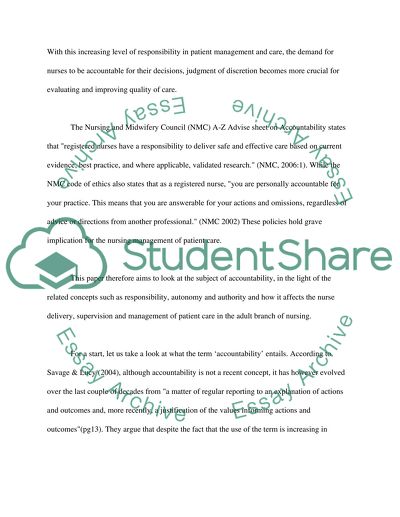Cite this document
(“Nursing Essay Example | Topics and Well Written Essays - 3000 words”, n.d.)
Retrieved from https://studentshare.org/miscellaneous/1530691-nursing
Retrieved from https://studentshare.org/miscellaneous/1530691-nursing
(Nursing Essay Example | Topics and Well Written Essays - 3000 Words)
https://studentshare.org/miscellaneous/1530691-nursing.
https://studentshare.org/miscellaneous/1530691-nursing.
“Nursing Essay Example | Topics and Well Written Essays - 3000 Words”, n.d. https://studentshare.org/miscellaneous/1530691-nursing.


